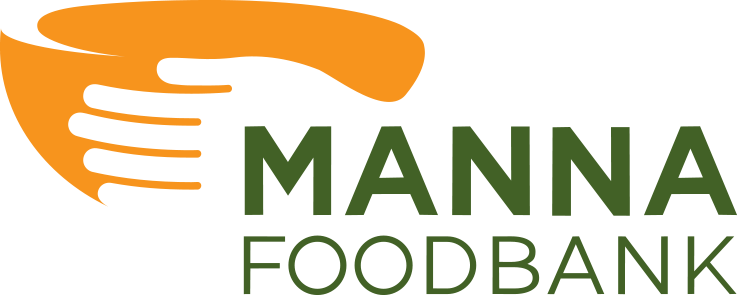The Reality our Region is Facing Right Now
Western North Carolina, along with the rest of the country, is currently facing a cost-of-living crisis that has many individuals and families asking themselves, “do I pay my bills or purchase food?”
Prior to the pandemic, WNC was in a unique position, which we often refer to as the socio-economic “perfect storm.” Since the Great Recession of 2008, our region has witnessed the highest housing costs in the state, which has forced people to move to rural areas; an economy consisting of primarily low-paying service employment opportunities; a lack of adequate public transportation in and around rural and remote communities, forcing many people to drive long distances to get to work; and skyrocketing child and healthcare costs. All of these factors placed, and continue to place, enormous strains on working families in our region to make ends meet.
 Unfortunately, the conditions of the socio-economic “perfect storm” have only been exacerbated by the ongoing pandemic.
Unfortunately, the conditions of the socio-economic “perfect storm” have only been exacerbated by the ongoing pandemic.
Disruptions to supply chains, caused by the pandemic and world events, have caused the cost of living to increase to historic levels that are unsustainable. Families and individuals throughout WNC, as well as the country, have directly witnessed this trend when seeing the higher-than-usual total cost for food at grocery stores and fuel at gas stations. As the cost of these essentials continue to increase, many individuals have not seen their income adjusted to meet the demanding price of our region’s cost of living. As a result, many neighbors throughout WNC have experienced poverty and food insecurity.
To make matters worse, many social protections that members of our community have relied upon throughout the pandemic have either been reduced, cut or have faced continual pressure to be eliminated.
As a food bank, MANNA has also felt the impacts of supply chain issues and rising costs. In fact, food banks throughout the country have had trouble meeting the need due to inflation. While demand remains higher than it did prior to the pandemic, food banks are having a difficult time providing food for their communities due to a drop in food donations, a longer-than-usual wait time for food orders and an increase in food prices.
 Against all odds, however, MANNA has been working diligently to make sure that our neighbors who are experiencing the cost-of-living crisis have continued access to free food and important food access resources. Through programmatic work, our food distributions have continued to provide neighbors with food; our Helpline has continued to field calls and link callers to valuable food resources, such as SNAP and nearby free food opportunities; our Feeding Kids Year Round program has provided school-children with supplemental bags of food during the school year and summer months; and our MANNA Community Markets have been driving to remote and rural pockets of our service area to deliver nutritious food.
Against all odds, however, MANNA has been working diligently to make sure that our neighbors who are experiencing the cost-of-living crisis have continued access to free food and important food access resources. Through programmatic work, our food distributions have continued to provide neighbors with food; our Helpline has continued to field calls and link callers to valuable food resources, such as SNAP and nearby free food opportunities; our Feeding Kids Year Round program has provided school-children with supplemental bags of food during the school year and summer months; and our MANNA Community Markets have been driving to remote and rural pockets of our service area to deliver nutritious food.
While providing this wide array of support opportunities for neighbors in WNC, we have remained committed to our advocacy work. As an organization, we continually voice our support for initiatives that promote food security. Through our Advocacy Newsletter, we have also mobilized individuals to stand up for crucial social protections any time social programs have faced potential cuts or eradication. If you are interested in advocating for food security policies and a hunger-free WNC, please join us.
In order for us to overcome the cost-of-living crisis, we have to continue supporting each other and making sure that our neighbors have access to essentials, such as food. If you are looking food, or know someone looking for food, you can use our Food Finder to locate your nearest food pantry, call our Food Helpline at 1-800-820-1109 or look to see if our mobile markets will be in your area anytime soon.
Hunger is Real: The Voices of Western North Carolina
To hear directly from individuals in our region who have felt the socio-economic burdens of the cost-of-living-crisis, watch Hunger is Real: The Voices of Western North Carolina.






